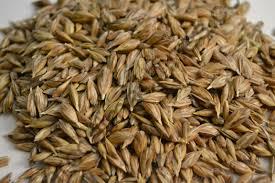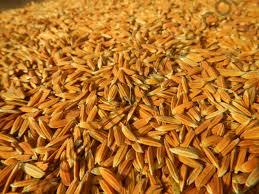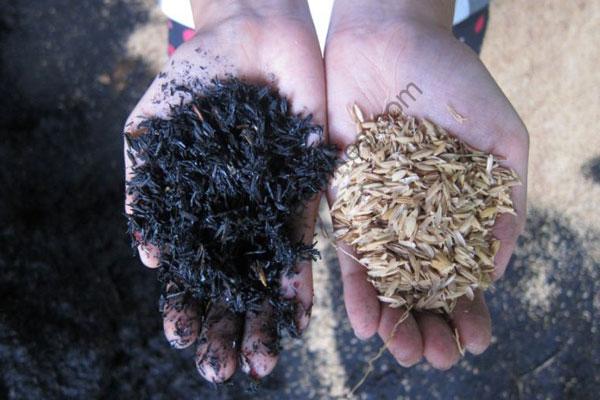भारत में एक टन चारकोल बनाने के लिए कितनी चावल भूसा चाहिए?
जैसे मशीन-निर्मित चारकोल बाजार में अधिक लोकप्रिय होता गया है, कई भारतीय ग्राहकों ने इसके विशाल बाजारpotencial को देखकर चारकोल उत्पादन व्यवसाय में निवेश किया है।
Shuliy मशीनरी ने कई ग्राहकों के साथ सहयोग और संवाद से सीख लिया है कि कितने कच्चे माल से एक टन चारकोल बन सकता है, यह कई ग्राहकों की चिंता है। विशेष रूप से अधिकांश भारतीय ग्राहकों के लिए, एक टन चारकोल बनाने के लिए कितनी चावल भूसा चाहिए, यह एक स्थाई चिंता है।


दरअसल, एक टन चारकोल कितनी चावल भूसा से बन सकता है, वह विभिन्न कारकों जैसे चावल भूसा की जल सामग्री, चावल भूसा की लागत, चारकोल उत्पादन प्रक्रिया आदि पर निर्भर करता है।
सबसे पहले, चावल भूसा और अन्य सामग्रियों की नमी वहाई, यानि सामग्री की शुष्क-गीला अवस्था। भारत दुनिया का सबसे बड़ा चावल उत्पादक देश है। हर साल फसल के बाद बड़े पैमाने पर चावल की डालियाँ और भूसा खेतों में पैदा होते हैं, इसलिए इन सामग्रियों से चारकोल बनना भारतीय ग्राहकों के लिए अच्छा निवेश है।
चावल का भूसा सुखाने की डिग्री और गीला-गीला चारकोल के yield को प्रभावित करती है। सामान्य रूप से, dryer द्वारा moisture content लगभग 10% के साथ सुखाने के बाद चावल भूसा, लगभग 3 टन ऐसे भूसे के बाद briquettes making machine molding और carbonization furnace carbonization, एक टन तैयार चारकोल बना सकता है।

दूसरी बात कच्चे माल जैसे चावल भूसा की लागत है। कच्चे माल की लागत भी उन ग्राहकों के लिए कुंजी है जो यह विचार कर रहे हैं कि चारकोल मशीन में निवेश से पैसा बनेगा या नहीं। यदि ग्राहक के स्थान पर कच्चे माल प्रचुर मात्रा में उपलब्ध हैं, तो चारकोल बनाने की लागत कम होगी और उपज व आय स्थिर होगी।
यदि चावल भूसा और अन्य कच्चे माल पर्याप्त नहीं हैं, तो ग्राहक लकड़ी के चिप्स, चिपकंद (sawdust), लकड़ी के चिप्स आदि जैसे अन्य कच्चे माल जोड़ने पर विचार कर सकता है। विभिन्न कच्चे माल के कारण एक टन अंतिम चारकोल बनाने के लिए आवश्यक मात्रा भी भिन्न होगी।
अंत में, चारकोल बनाने की प्रक्रिया चारकोल yield पर प्रभाव डालती है। जितना अधिक उन्नत चारकोल मशीन होगी, उत्पादन दक्षता उतनी ही अधिक और आउटपुट उतना ही अधिक होगा। उदाहरण के लिए, charcoal-making machine को insulation प्रदर्शन और सुविधाजनक ठंडा करने के साथ अच्छा चुनना चाहिए, जिससे carbonization समय बचे और आउटपुट बढ़े।

टिप्पणियाँ बंद हैं।